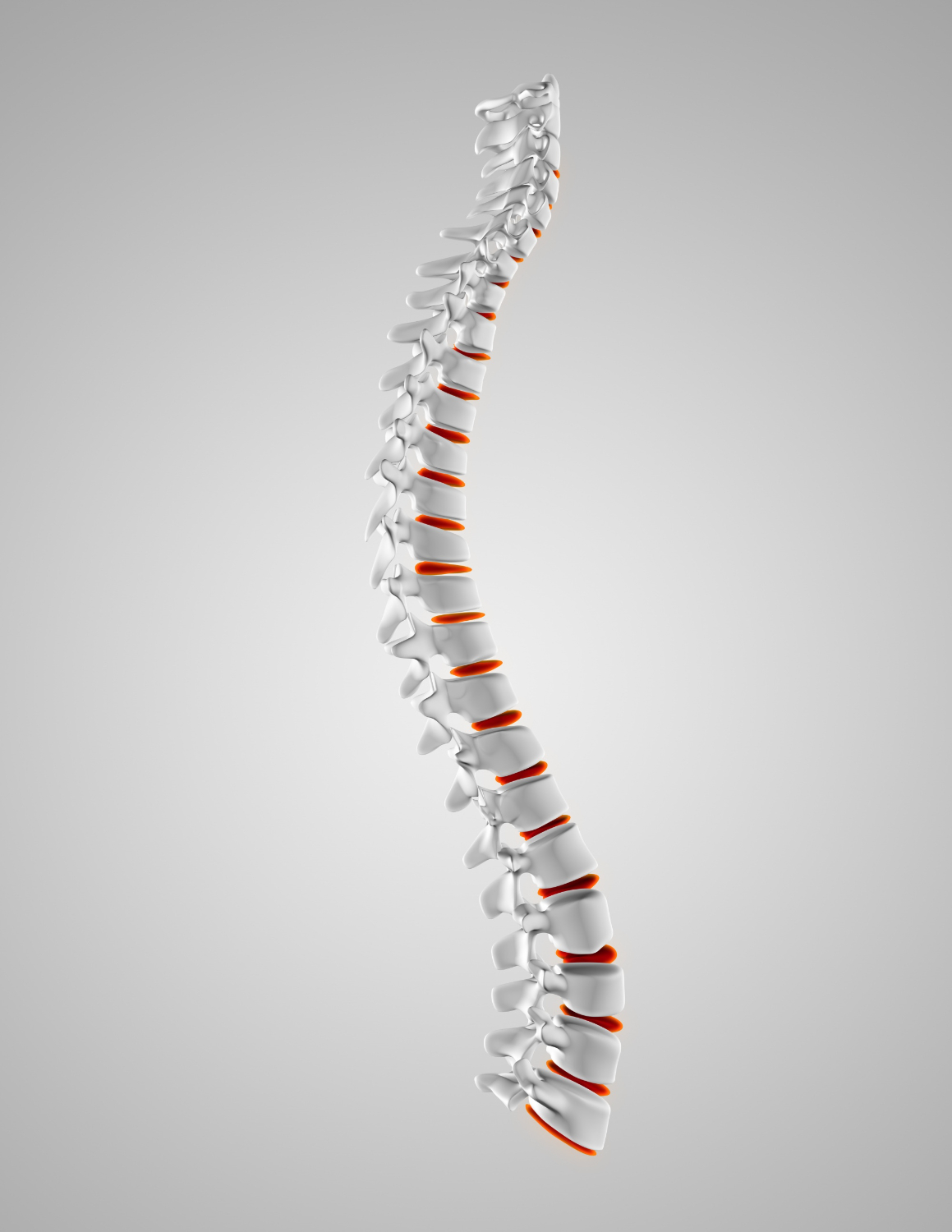Managing and Reducing Ankylosing Spondylitis Symptoms: A Comprehensive Guide Backed by Scientific Evidence

Managing and Reducing Ankylosing Spondylitis Symptoms: A Comprehensive Guide Backed by Scientific Evidence
This will be about managing ankylosing spondylitis (AS), a chronic inflammatory condition that I personally deal with. Now, I’ve tried a bunch of different methods and diets over the years, I’m going to break down which ones actually have scientific backing and share some evidence-based strategies that could really help you manage your AS symptoms.
We’ll be looking at dietary interventions and lifestyle modifications that have been shown to make a difference, and I’ll be referencing relevant scientific literature. Whether you’re newly diagnosed or you’ve been living with AS for a while, I hope this short guide will give you some new insights and actionable tips.
Understanding Ankylosing Spondylitis
AS is an autoimmune disorder where the immune system mistakenly attacks healthy tissues, particularly the joints of the spine and pelvis. Inflammation in these areas leads to pain, stiffness, and potential fusion of the vertebrae over time.
Dietary Interventions
Emerging research suggests a connection between diet and AS symptoms. While not a cure (the medical establishments consensus is that there is no cure only a remission from AS, this is debatable in my personal opinion), specific dietary changes may help reduce inflammation and alleviate discomfort.
-
Elimination Diet: An elimination diet involves removing potential trigger foods from your diet and then gradually reintroducing them to identify any that worsen symptoms. Research indicates that certain foods, such as dairy, wheat, corn, soy, red meat, and nightshade vegetables, can trigger inflammatory responses in some individuals with AS (1).
-
Anti-Inflammatory Diet: An anti-inflammatory diet emphasizes whole, unprocessed foods like fruits, vegetables, and healthy fats (e.g., olive oil, avocados, nuts, and seeds). These foods contain antioxidants and other nutrients that can help reduce inflammation. A raw vegan diet has been shown to alter gut microflora in a way that may benefit those with AS, potentially due to the high fiber content and elimination of potential inflammatory triggers (2).
-
Gut Health: A healthy gut microbiome is crucial for overall health and may play a role in managing AS. Consider incorporating probiotic-rich foods (e.g., sauerkraut, kimchi without fish sauce) or taking a probiotic supplement. Studies have shown that gut dysbiosis (an imbalance of gut bacteria) is more common in people with AS (3). Some research suggests that modulating the gut microbiome through diet or probiotics may help reduce inflammation in AS (4).
Additional Considerations
-
Omega-3 Fatty Acids: Omega-3s found in fatty flaxseeds, and walnuts have anti-inflammatory properties that may benefit individuals with AS (12).
-
Bromelain: Bromelain, an enzyme found in pineapple, has been shown to reduce inflammation and pain in some individuals with AS (13).
Lifestyle Modifications
In addition to dietary changes, several lifestyle modifications can significantly impact AS management:
-
Exercise: Regular physical activity is essential for maintaining mobility and reducing stiffness. Low-impact exercises like swimming, yoga, and tai chi are often recommended. Exercise has been shown to improve flexibility, reduce pain, and enhance quality of life in individuals with AS (5).
-
Posture: Good posture can help reduce strain on the spine. Consider consulting a physical therapist for guidance on proper posture and exercises to strengthen core muscles. Maintaining proper posture can help prevent spinal deformities and reduce pain (6).
-
Stress Management: Stress can exacerbate AS symptoms. Techniques like meditation, deep breathing exercises, and mindfulness can help manage stress levels. Research suggests that stress reduction techniques may help improve pain and quality of life in AS (7).
-
Sleep: Adequate sleep is crucial for recovery and overall well-being. Establish a regular sleep routine and ensure a comfortable sleep environment. Poor sleep can worsen pain and fatigue in individuals with AS (8).
Medical Treatments
Alongside lifestyle changes, various medical treatments can help manage AS:
-
Medications: Nonsteroidal anti-inflammatory drugs (NSAIDs) are often prescribed to reduce pain and inflammation. Disease-modifying antirheumatic drugs (DMARDs) may be used in more severe cases. These medications have been shown to effectively reduce inflammation and improve symptoms in AS (9). NSAIDs have mostly a lot of side effects and can be damaging in the long term for example to the gut lining and should be used very shortly and if absolutely necessary (14)(15)(16)(17)(18).
-
Physical Therapy: A physical therapist can develop a personalized exercise program to improve flexibility, strength, and range of motion. Physical therapy is an essential component of AS management and can significantly improve function and reduce pain (10).
-
Surgery: In rare cases, surgery may be necessary to correct spinal deformities or replace damaged joints. Surgery is typically reserved for severe cases where other treatments have failed (9).
Bonus Material
Dr. Klaper - Diet, Arthritis and Autoimmune Diseases
Wrapping it Up
Remember, Ankylosing Spondylitis is a chronic condition that requires a personalized and comprehensive approach to management. Working closely with your healthcare provider, you can develop a plan that effectively addresses your unique needs and goals.
Disclaimer
This article is intended for informational purposes only and should not be considered a substitute for professional medical advice. Always consult with your healthcare provider before making any significant changes to your diet or lifestyle.
References
-
2016 update of the ASAS-EULAR management recommendations for axial spondyloarthritis
-
Healthline: NSAIDs and Side Effects: Common & Urgent. (2023). Healthline.
-
HSS: Reducing Side Effects of NSAIDs Like Ibuprofen and Naproxen. (n.d.). HSS.
Title Image by kjpargeter on Freepik